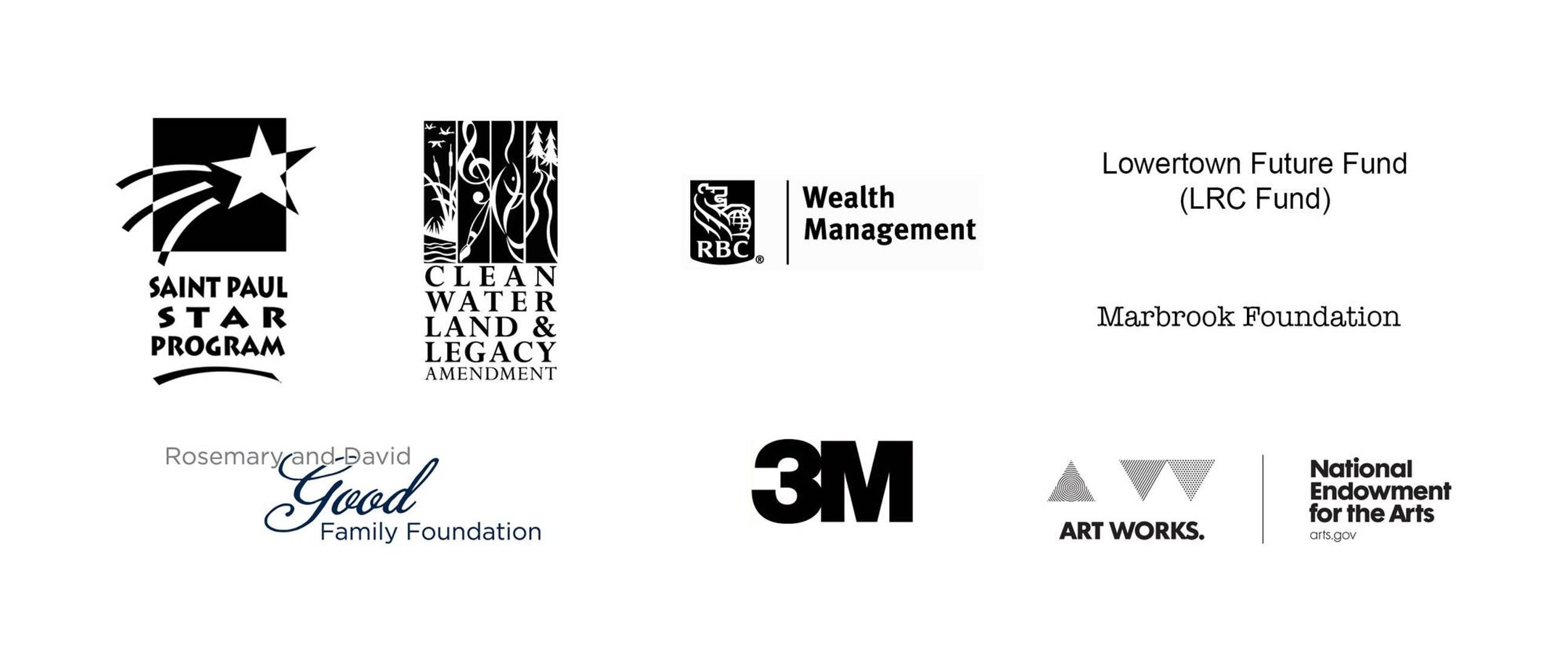For Poet Roy Guzman, Poetry Is a 'House Where Everyone Can Come In'
Every morning, as I prepare to teach one my classes, I ask myself, What made you fall in love with what you do? What inspired your passion for this topic? In the context of poetry: What made you want to write your first poem? In the work involved in getting my PhD: Why are these issues important to study or talk about? In the Age of COVID-19, those questions have had to take a different turn, form, medium and urgency. The world doesn’t stop engaging us, but we have to learn how to reengage with it.
During a Zoom session with my English composition class, I read Robert Frost’s poem, “The Road Not Taken,” out loud to my students. It’s been almost a month since we’ve engaged as a class. My goal is to remind them of line breaks, stanzas, em dashes, repetition, enjambment—all technical terms they should be exposed to, but which in and of themselves aren’t necessary to memorize to appreciate what poetry does. I add anaphora to their vocabulary, as I speak to a group of 20 students with muted microphones and many black screens save for their names. The reasons that compel me to teach, to engage with students, I have to translate now through this new technology, through this monosyllabic company whose founder was refused a US visa on eight different occasions. The irony that my identity as a queer immigrant from Honduras, teaching classes on how to write essays in English while also being told I’m not a native speaker of the language, does not go unregistered. Using a video conferencing service created by a non-US computer scientist should be an empowering fact.
In Robert Frost’s quintessential American poem, he writes of two roads that lead, one might surmise, to different destinies. Making a choice—and perhaps sticking to that choice—is at the heart of this event, this crossroads, this conundrum. My students engage with this poem in spectacular ways, and even after I’ve taught it for almost a decade, “The Road Not Taken” hasn’t lost its tenacity. But what’s peculiar about teaching “The Road Not Taken” as in-person classes have moved to online platforms and Minnesota’s Governor has declared a “stay-at-home” order is not just the question of choice in Frost’s poem but also what self-reflection involves in a time in which millions of Americans have been forced to seek unemployment benefits, in which we finally recognize which laborers are essential to any system (no, I am not talking about CEOs), and in which we are exposed to grief’s many expressions.
What is self-reflection if not the modus operandi of the imagination, and within capitalism what is the imagination if not subversion. Contemplation is a dying art in a culture that values production over meaningful connections. “The Road Not Taken” is an introspective intervention that shouldn’t feel like a privilege to study, especially as the pandemic continues to take more lives. Under a spell of social disorder and uncertainty, poetry and art in general make the most sense. Arguing that “The Road Not Taken” is about hope or loneliness or all the trivial what-ifs that add up to, perhaps, a life worth living, is hardly a petit bourgeois sentimentality. Art has always served different functions. And if it allows me to question my position as an educator, as a human member of this planet, and if it allows my students to take a respite from the incessant inundation of impersonal news, why not look to art, to poetry, for what we can build after this pandemic is over?
See more of Roy's work here.
Editor's note: While this piece was published in November 2020, it was originally written in the spring of 2020, when Governor Tim Walz issued an executive order for Minnesotans to shelter in place.
See more stories from our multi-media series Art Is…
Production Team: Ryan Klabunde, Kate McDonald, Mike Phillips, Eric Pagel, Terry Gray.

"As a daughter of Korean immigrants who eked out a living as small-time merchants in New York City after we immigrated to the U.S. in the early 1980s, I grew up witnessing the turbulent socio-political climate surrounding ethnic minorities, while balancing personal and cultural chasms within my own family." Those seminal experiences play a large role in the work of poet Su Hwang, who shares the story of how she arrived in Minnesota and what led her to poetry.
“As I made it to the final bell, I pulled out my box of eight crayons and recited the eight colors. I held the crayons in one hand and turned to Benny. He stared at me as I said, ‘red, blue, green, purple, brown, black, yellow and orange.’ They were my first words in English. Poet Ray Gonzalez shares “The Language of Sunlight, 1956,” about his early introduction to “the necessity of English while growing up in the desert southwest.
Trained at the foot of the great song poets of his time, song poet Bee Yang has lived his life as a refugee of war, toiling away in the factories of America. He shared his art as part of his daughter, Kao Kalia Yang’s, Art Is…Our Call for Peace cohort in 2019. No matter the primary language you speak, prepare to be amazed by his craft.
